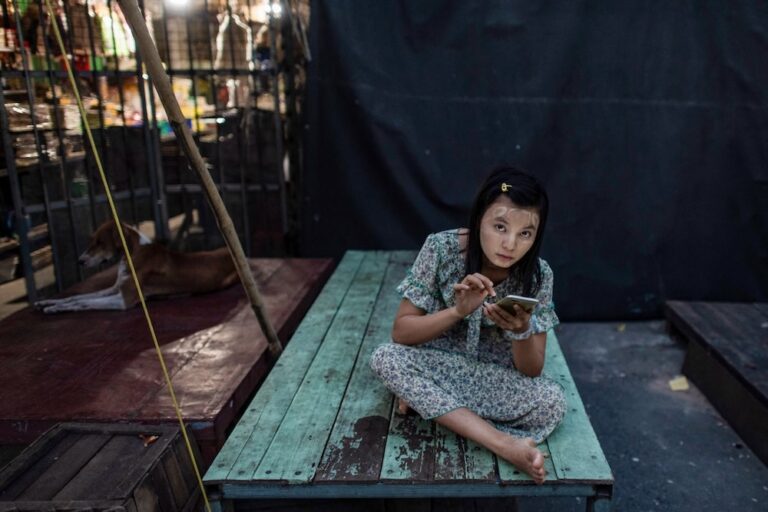The press censorship policy has been relaxed in accordance with the new Constitution although news and articles about politics and business will still be subject to the censorship board's approval.
(Mizzima News/IFEX) – 30 March 2011 – The Burmese junta has announced that the press censorship policy will be relaxed in accordance with the country’s new Constitution, according to media reports.
“The first step will be made on the day the new government takes office. But, with freedom of the press, the publications need to take responsibility,” the “Flower News Journal” quoted censorship board director Tint Swe as saying.
No date has been set for the new government to take office, but lawmakers said it could be later this week.
Tint Swe also said that publishers and journalists of most journals and magazines will not be required to submit articles to the censor board for approval prior to publication.
However, the new policy only applies to publications focusing on sports, entertainment, general knowledge, health, children’s literature, the supernatural and technology. News and articles about politics and business will still be subject to the censorship board’s approval.
In accordance with the new policy, 84 of the 172 journals and 113 out of the total of 184 magazines would not need to coordinate with the censor board prior to publication of articles. The same goes for fiction, fable books and comics, the Press Scrutiny and Registration Department said last week.
Books and journals that have already been published will need to go via the censor board after publication. Printing houses and publishers must also be licensed by the State.
Myanmar Writers and Journalists Association secretary, Ko Ko said: “People don’t like to submit their transcripts to the censor board prior to publication. This will be a big change under the new government. But the new policy will not be for news and business journals. However, I think the authorities will also relax the censorship on those journals”.
Hein Lat, an editor of “Popular Journal”, said if the new policy is introduced, the publication process will be faster, but publishers and journalists will still need to follow the code of ethics established by the authorities.
In 1962, Ne Win’s government enforced the Printers and Publishers Registration Law and that law along with censorship laws enacted in the British colonial era are still in effect.
In Burma, if a journal publishes news and stories without the approval of the censor board, it can be suspended for two weeks to a month.


